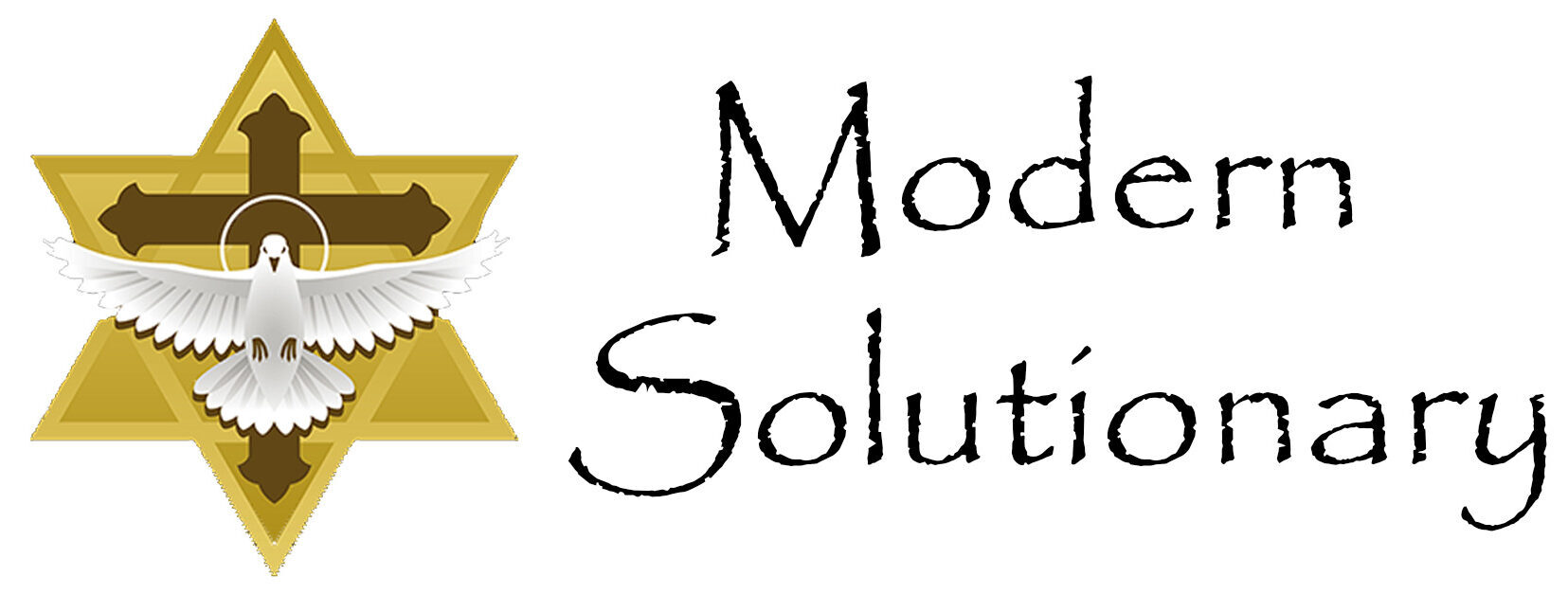
Once more we see Countries at war with one another. At the center of this latest one, is humanity’s understanding of their religious commandments for showing love of toward their God. The Muslims of Iran’s leadership believes, Allah, calls the faithful to eliminate the “Zionist” rule of Israel and the “infidels” of America. Strangely, their God is the same God of Abraham, the same God of Israel and the God of the Old Testament for Christianity. The same God created all three groups of people. The difference, is how each translates the edicts of their messenger: Mohammed, Moses, or Jesus. Oddly, all three messengers have the same underlying premise; we are to hate Satan, and all of his works. The key word for Muslims is Satan, and the key word for Jews and Christians is “works” or evil actions. Some Islamist interpret the messages to be saying that certain people are Satan and need to be destroyed, while the Christians and Jews focus on ending the evil actions caused by Satan, not the person who commits the act.
In AD 610, Muhammad (570–632), Islam’s great prophet, received his first Qur’anic revelation in Mecca, marking Islam’s formal beginning. While Muslims trace their spiritual lineage to Abraham’s first son, Ishmael, regarded as the ancestor of the Arab peoples, it was Muhammad, not Ishmael, who founded Islam as a distinct religion.
The first major rift between the early Muslim community and the Jews of Medina unfolded soon after Muhammad’s Hijra in 622. Hijra, literally means “migration” or “emigration.” It most famously refers to Prophet Muhammad’s journey, in 622, from Mecca to Medina; an event that established the first Muslim community and marks year 1 of the Islamic calendar. Earlier, small Muslim groups emigrated to Abyssinia (modern Ethiopia) to escape persecution. In a broader sense, hijra also signifies any move, from one land or situation to another, for the sake of faith, including a moral migration away from sinful habits toward a life devoted to Allah.
Unlike the teaching of Moses or Jesus, there are several Qur’anic verses cited as mandating violence “for Allah”, they include:
• Q 4:89–90 – “If they turn away, then seize and kill them wherever you find them…”
• Q 2:216 – “Fighting is prescribed for you, though you dislike it…”
• Q 9:5 – “Slay the idolaters wherever you find them…”
• Q 9:29 – “Fight those who do not believe in Allah… until they pay the jizyah…”
Thus, although its roots reach back to Abraham, Islam itself began in the 7th century AD, alongside Judaism (via Isaac) and Christianity (via Isaac’s line through Jesus), completing the trio of Abrahamic faiths.
Since 1979, Iran’s revolutionary leadership has claimed divine sanctions for its campaign against Israel and the United States, recasting the shared Abrahamic heritage into a call for total defeat of regimes it deems illegitimate. Though Judaism, Christianity, and Islam all trace their origin to Abraham’s covenant with one God, Iran’s clerical rulers interpret that same covenant through the Qur’an’s revelation to Muhammad, viewing Israel as a “Zionist regime” imposed by colonial powers and the infidels of America as its protector.
Supreme Leader Ayatollah Ali Khamenei regularly declares that Israel must be “removed and eradicated,” in order to abolish what he calls an illegitimate state. He frames this mission as a continuation of Abraham’s struggle against tyranny, urging Muslims to back any group fighting to end the Zionist rule.
America, in Tehran’s narrative, embodies Western corruption and the post–World War I “nation-state” order, which replaced the early caliphates that Iran’s revolutionaries revere. They see U.S. support for Israel, and its global military reach, as a threat to Islamic sovereignty. By invoking Allah’s singular lordship, Iran’s clerics argue that fighting these powers is not aggression but obedience to God’s command to oppose “those who work for darkness” and defend the faithful.
In this view, annihilation isn’t mere rhetoric; it’s the culmination of a sacred struggle. By claiming the same God who guided Moses and Jesus, Iran’s leaders persuade followers that their resistance is both a continuation of the Abrahamic journey and a final showdown with forces they deem antithetical to Allah’s will. Whether one agrees or recoils at this ideology, its strength lies in fusing ancient faith with contemporary politics, a potent reminder of how shared origins can be wielded for vastly different ends.
On the other hand, Judaism teaches, an eye for an eye and Christianity teaches that we must love God with all our heart, our neighbor as ourselves (Matthew 22:37–39). This selfless love extends even to enemies “Love your enemies” (Luke 6:27), calling us to respond with compassion, not retaliation. Yet we’re also urged to “hate the works of darkness” (Ephesians 5:11), resisting evil’s grip.
In the face of the abundance of hate speech, Christians are taught to hold fast to “hate the sin, love the sinner.” We denounce harmful words and actions while caring for those caught in hatred’s snare. Our speech should become a vessel of grace, offering truth in love (Ephesians 4:15).
If the world could learn to separate the dislike of wrongful deeds, while still loving the individual that commits them, we open paths to repentance and healing, reflecting Jesus’ mercy. In every encounter, let love guide our hearts, justice shape our convictions, and hope transform our dialogue, shining God’s light into the shadows of hate found in our individual hearts.
If this is my last post, I want all to know there was only one purpose for all that I have written; to have made a positive difference in the lives of others.
Anthony “Tony” Boquet, the author of “The Bloodline of Wisdom, The Awakening of a Modern Solutionary” and “The Passion, Death, and Resurrection of Jesus Christ, A Devotional Timeline”
